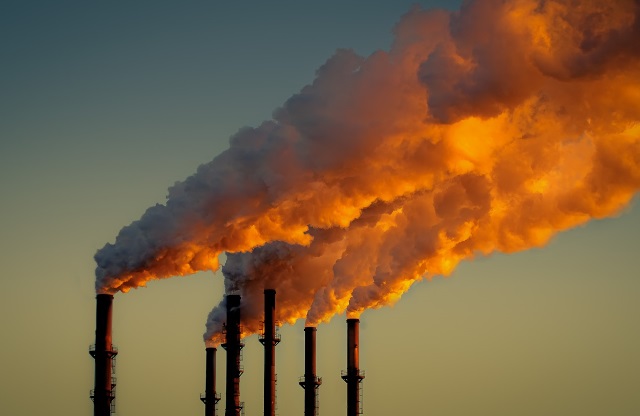Who and why is snorting against the EU carbon tax

The EU has proposed a carbon tax at the border to protect polluting companies and to discourage relocation. But tensions could arise with Australia, Russia, Turkey, the United States and China. Here because
Among the measures presented by the European Union in the Fit for 55 plan to achieve the goal of reducing greenhouse gas emissions, there is also the so-called “carbon adjustment mechanism at the border”.
WHAT IS CARBON TAX AT THE BORDER
This is a tax that will be applied to some goods obtained with processes that consume large amounts of energy – for example steel, aluminum, cement or fertilizers – and coming from those non-European countries where companies are not required to comply with stringent rules on polluting emissions.
The mechanism is also known as carbon border tax because it is, in essence, a duty imposed at the external borders of the European Union on certain products to "match" their price with the carbon content. It aims to protect European companies from foreign competition and to discourage relocation to countries with looser emission regulations.
BECAUSE AUSTRALIA IS AGAINST
Australia has been very critical of the European proposal, calling it "protectionist" and potentially contrary to the rules of the World Trade Organization.
Australian Trade Minister Dan Tehan said Canberra will closely monitor the implementation of the European mechanism and that "the last thing the world needs" is "more protectionist policies".
Australia is a major exporter of fossil fuels – especially coal and natural gas – which, together with mineral resources, are worth more than two-thirds of its export-related income. However, only 4 per cent of Australia's exports go to Europe.
What worries Canberra, in short, is not so much the European carbon border tax itself – the direct impact would be minimal – but its consequences. First of all, because the European duty on carbon could negatively affect the prices of Australian raw materials in the most important markets for the country, such as Asia and in particular China . And then because the European mechanism could be replicated – perhaps not in the same form – by other governments to protect their respective industries. In the United States, the Democratic Party is already working on this.
WHO RISKS FROM THE CARBON TAX
The carbon adjustment mechanism at the border – which however will not enter into force before 2026 – is a threat especially for those countries that depend on the European market for their exports: for example Russia, Turkey or Ukraine, whose carbon-intensive products could be inconvenient. Moscow is a leading producer of aluminum and steel; Concrete Ankara; Kiev of fertilizers.
THE UNITED STATES OPPOSITION
The United States also exports steel and aluminum to Europe, albeit not in as significant quantities. But back in March, US climate envoy John Kerry hinted that he didn't like the European carbon tax. He said such a measure should be "the last resort" because it has "serious implications for economies, and for relations and trade", and called on Brussels to pause it until COP26, the United Nations conference on changes. to be held in November in Glasgow.
TRADE TENSIONS WITH USA AND CHINA
Therefore, future trade tensions between the European Union and the United States are not excluded, despite the fact that they share the ambition to net zero emissions. And also between Europe and China, the country that emits the most greenhouse gases in the world but is committed to achieving carbon neutrality by 2060.
This is a machine translation from Italian language of a post published on Start Magazine at the URL https://www.startmag.it/energia/tassa-carbonio-frontiera-unione-europea/ on Thu, 15 Jul 2021 10:09:21 +0000.
